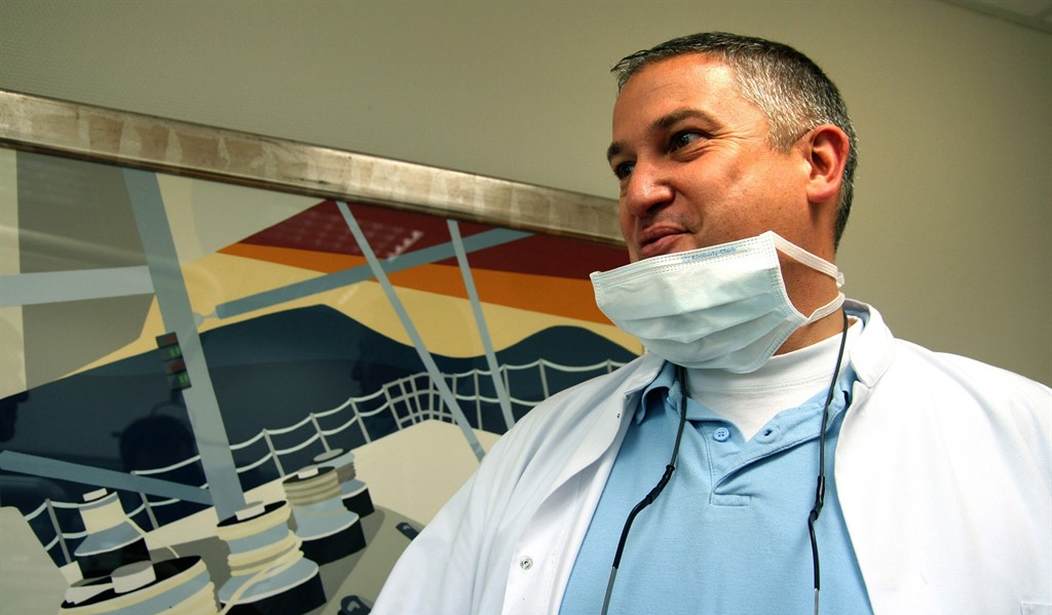Lawmakers in several state legislatures will have a fresh opportunity in 2017 to expand access to oral health care for underserved populations, stretch Medicaid dollars, and liberate dentists to hire a new kind of teammate: dental therapists.
Dental therapists work as members of a dental team, which in many practices also comprises dental hygienists and dental assistants working under a supervising dentist. States that license therapists permit these midlevel providers to perform certain services and minor procedures hygienists may not. These include tooth extractions, restorative treatment, and certain kinds of preventive care. In states that do not recognize the profession of dental therapy, only dentists can perform the kinds of services falling outside hygienists’ scope of practice, which is defined by state law.
Requirements for education, training, and scope of practice vary among the states where dental therapists are currently practicing: Alaska, Minnesota, Oregon, and Washington. Maine and Vermont permit the licensure of dental therapists, but none currently practices in these states. Approximately a dozen other states have considered or are expected to consider licensing dental therapists in the 2017 session, according to a map published by The Pew Charitable Trusts.
Most states with dental therapy laws require these therapists to obtain a master’s degree from a dental therapy program. States are increasingly requiring dental therapists to hold certification as hygienists before entering a dental therapy program, or at least before graduating from one. Although hygienists and therapists typically have different scopes of practice, the availability of dually licensed midlevel practitioners will increase dentists’ flexibility when staffing their practices, in addition to increasing patient access to the level of care they require.
Recommended
Alaska’s education and training requirements for dental therapists display the flexibility lawmakers of other states have at their disposal. In 2003, Alaska’s program, the first in the United States, was established not by lawmakers at but by the Alaska Native Tribal Health Consortium (ANTHC). The program has increased access to oral care for underserved people in an extremely rural state.
In Alaska, to earn one’s license as a Dental Health Aide Therapist (DHAT), a person must graduate from high school, earn an associate’s degree through ANTHC’s two-year educational program, and complete a preceptorship of at least 400 hours under a supervising dentist, according to a state-by-state comparison published at the Vermont legislature’s website. DHATs must also complete 24 hours of continuing education as part of their two-year recertification process.
Although Alaska’s DHAT program has successfully and safely opened pathways to receiving care for people who previously could not access it, state lawmakers can and should adopt a dental therapy program tailored to serve the unique needs of their patient and dentist populations.
Other states, for instance, require at least 2,000 hours of clinical practice under a dentist’s supervision as a condition of licensure. Minnesota also distinguishes “dental therapists” from “advanced dental therapists.” The former holds a degree from a dental therapy program; the latter holds an advanced dental therapy degree and has accumulated at least 2,000 supervised hours of practice.
Opposition to legislation that would allow state health and dental boards to license dental therapists is usually anecdotal at best, illogical at worst. For instance, a Minnesota dentist testified in a hearing of North Dakota lawmakers in September 2016 that his hopes were dashed when the dental therapist he hired required more training and supervision than the dentist expected, which in turn cost the dentist valuable time—his own time and the therapist’s, whose wages were higher than those of the practice’s dental hygienists.
While unfortunate, this dentist’s experience hardly seems representative, considering 95 percent of dental therapists in Minnesota are currently employed, according to data provided by the University of Minnesota School of Dentistry. Owners and operators of for-profit and nonprofit dental and health care practices in Minnesota say employing dental therapists has increased their patient retention ratesand even patient satisfaction, Health Care News reported on December 8, 2016.
Dr. Kevin Nakagaki, a dentist at the nonprofit health care organization HealthPartners, says even licensed dentists, whose schooling can last more than twice as long as that of dental therapists, require training and supervision when hired to their first practice. The time investment required to train dental therapists is “very similar to managing a new associate [dentist] in your practice, so it gets easy fast,” according to Nakagaki.
Meanwhile, at an average wage of $39 to $46 per hour in Minnesota, dental therapists reduce payroll costs compared to dentists, whose wages average $75 per hour, according to testimony provided to North Dakota lawmakers.
In no state may a dental therapist practice outside of the supervision of a licensed dentist. Dentists who do not want to hire dental therapists will not have to do so if their state lawmakers authorize the licensure of dental therapists. By no means, however, should a dentist’s right to refuse to hire dental therapists translate to depriving all dentists of their right to do so.
Instead of banning dental therapists from practicing—and depriving dentists of the right to hire them—state lawmakers should approve the licensure of dental therapists as a market-based solution to increasing oral care access for underserved patients.

























Join the conversation as a VIP Member